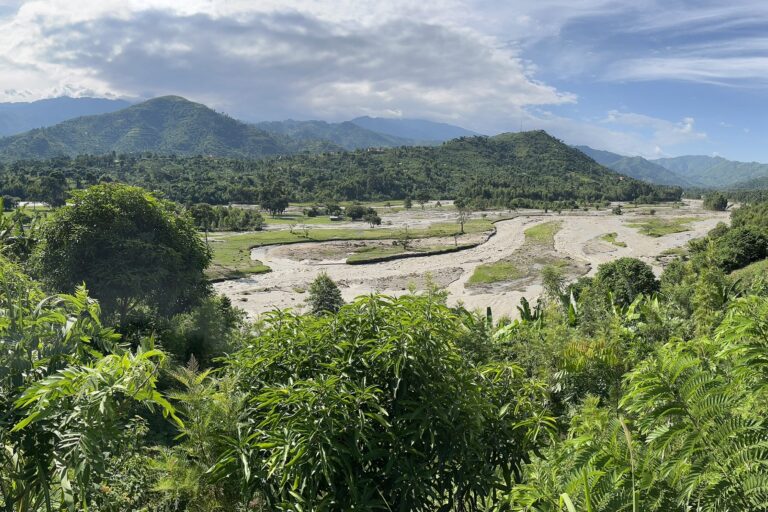Protected areas such as national parks, nature reserves and Indigenous lands are the foundation of biodiversity conservation. However, climate change is threatening their effectiveness in safeguarding wildlife, ecosystem services and livelihoods. As many countries work to meet the global target of protecting 30% of the planet’s lands and waters by 2030 — known as the 30×30 goal, a cornerstone of the Kunming-Montreal Global Biodiversity Framework — scientists are calling for the incorporation of “climate-smart” approaches into the planning of new and existing protected areas. The 30×30 Progress Tracker tool shows how the global movement to protect 30% of the world’s lands and waters by 2030 is progressing — with around 17% of global land and inland waters, and 8% of oceans currently protected. Image ©️ SkyTruth. “While we know that climate change is affecting biodiversity, for example through distribution range shifts, local extinctions, and community restructuring, designs of PAs [protected areas] don’t usually explicitly account for these effects,” says Kristine Buenafe, a doctoral researcher at the Centre for Biodiversity and Conservation Science at the University of Queensland, Australia, and lead author of a recent review published in Nature Reviews Biodiversity. Buenafe’s paper indicates that conservationists risk protecting areas where species may no longer live in the future, if they don’t factor in climate change dynamics. “We’ve reached a critical time to consider where to best place our new PAs and make sure that they are ‘climate-smart’ (resilient to climate change),” Buenafe said in an email interview. This reasoning is echoed…This article was originally published on Mongabay
Search
Recent Research
Want your Blog Article featured on our website?
Research
Featured News
How to Make Your Home More Energy-Efficient in 2026
A practical, future-ready guide for lower bills and a smaller footprint Rising energy prices and
Sustainable Break Rooms: Greening the Office Pantry
Photo by Rodeo Project Management Software on Unsplash A break room may seem like a
Solar-powered AI streetlights to fund coastal highway construction
Nigeria’s long delayed Lagos-Calabar Coastal Highway is set to be rescued by thousands of AI-driven,
Big Data Analytics Enhances Renewable Energy sector
The sun doesn’t send bills, but energy companies using renewable energy do. And to keep
From COP30 to Sri Lanka, indigenous voices shape climate & food sovereignty
COLOMBO — When Indigenous groups converged at the entrance of the U.N. Climate Change Conference
Another threat to reefs: Microplastic chemicals may harm coral reproduction
As the sliver of a new moon shines over Kāneʻohe Bay, Oʻahu, millions of tiny
A Practical Guide to Choosing the Right Organizer Bins Online
Choosing organizer bins sounds simple — until you start comparing sizes, materials, and specs online.
How Lagos traders struggle as styrofoam gradually disappears in markets
Traders have continued to count their losses about five months after the Lagos State Government





